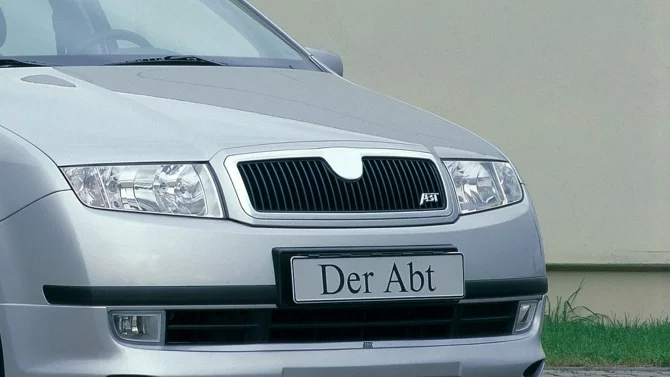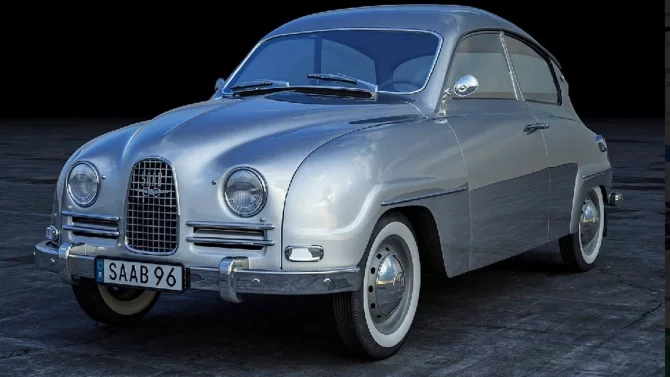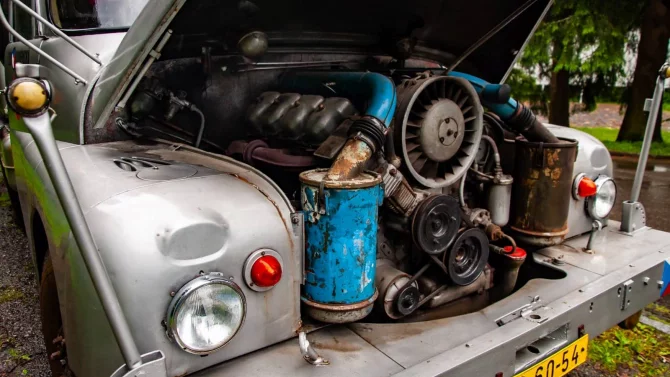...
By Ingrid Melander and Gabriela Baczynska
BRUSSELS, June 22 (Reuters) - German Chancellor Angela Merkel struggled on Friday to break Poland's resistance to a new treaty to reform and strengthen the European Union as it takes on new global challenges.
Merkel met Polish President Lech Kaczynski three times in 12 hours at an EU summit to try to ease his concerns over planned changes to the bloc's voting system which he says would reduce Warsaw's influence in the 27-nation Union.
"We're working hard. The problems are not yet solved but everyone is trying," said Merkel, who hosted the summit and also met the leaders of the other states with concerns over the treaty -- Britain, the Czech Republic and the Netherlands.
But acrimony was growing over Poland's repeated references to its suffering at the hands of Nazi Germany during World War Two to justify its opposition to a voting system which it says would give bigger states, such as Germany, more power.
EU diplomats said some leaders were taken aback by Kaczynski's comments about the war in closed-door meetings at the two-day summit, expected to run into the early hours of Saturday.
"I'm very sad about the comments about European history," said Hans-Gert Poettering, a German conservative who is president of the European Parliament.
Polish Prime Minister Jaroslaw Kaczynski, the president's twin brother, was unapologetic.
"This is simply the truth. This is not about settling accounts with the Germans. This is about making people aware about a certain moral situation," he told reporters in Warsaw.
But he reiterated that Poland would consider other options if there was no agreement on its proposal on EU voting rules.
Backers of reform say a revamp of the EU's complex decision-making structures is needed for further enlargement of the bloc, which now has 27 countries, and to tackle challenges such as climate change and globalisation.
They say it will provide clear leadership, a stronger voice for the EU in the world and more say for European and national parliaments. Critics fear a dilution of national sovereignty.
REPLACING REJECTED CONSTITUTION The treaty plan was salvaged from an EU constitution that was rejected by French and Dutch voters in 2005.
Failure at the summit would deepen divisions in the Union. It could prompt a small group of states to press ahead with closer integration, leaving others behind, and make richer west European countries more reluctant to aid poorer newcomers.
Austrian Chancellor Alfred Gusenbauer said leaders at the summit recognised the need to do something to bring the Poles on board, but others said it was for Poland to make concessions.
"I hope that Poland will be much more flexible and will not so much worry about this voting system," said Estonian Prime Minister Andrus Ansip.
Nearly all other EU states favour the "double majority" voting formula requiring 55 percent of member states representing 65 percent of the EU population to pass decisions.
Poland has proposed an alternative under which voting power would be based on the square root of each country's population. This would favour smaller states rather than larger ones.
A spokesman for French President Nicolas Sarkozy, who had late-night talks with Kaczynski, said he made a proposal to the Poles and Merkel based on the so-called Ioannina Compromise -- giving states just short of a blocking minority an emergency brake to postpone decisions and force more negotiations.
But EU diplomats said Lech Kaczynski wanted those measures further tightened and proposed that existing voting rules be maintained until 2014 at least and ideally through to 2020.
Poland also sought pledges that EU countries would help each other in the event of energy supply crunches, a major concern given the bloc's dependence on Russian oil and gas imports.
The European Parliament's Poettering said the EU assembly could not accept 2020 as a start date for the new rules.
British Prime Minister Tony Blair, the other leader who could scupper a deal, has said Britain will sign up to a treaty only if a list of demands are met. But other leaders sa he has struck a conciliatory tone at his final EU summit.
Eighteen EU nations ratified the constitutional treaty, but even they accept it must be cut to allow France, the Netherlands and Britain to avoid referendums their governments might lose.
Yet some key institutional changes are set to be kept, such as creating a president of the European Council of governments elected for 2-1/2 years instead of the current six-month rotating presidency which has grown unwieldy in the enlarged EU.
Keywords: EU TREATY




 „Elektrická mobilita je budoucnost, o tom není pochyb. Každý, kdo tvrdí opak, poškozuje náš průmysl.“ A proto přijdou plošné evropské dotace
„Elektrická mobilita je budoucnost, o tom není pochyb. Každý, kdo tvrdí opak, poškozuje náš průmysl.“ A proto přijdou plošné evropské dotace
 Našli jsme deset absolutně neznámých automobilů současnosti. Dokážete uhodnout alespoň polovinu?
Našli jsme deset absolutně neznámých automobilů současnosti. Dokážete uhodnout alespoň polovinu?
 Dvě i čtyři doby, tři a čtyři válce: Saab 96 se stal vozem pro individualisty, a to i v Československu
Dvě i čtyři doby, tři a čtyři válce: Saab 96 se stal vozem pro individualisty, a to i v Československu
 Elektromobil jako ojetinu nikdo nechce. Velký český autobazar skončil s jejich nákupem i prodejem
Elektromobil jako ojetinu nikdo nechce. Velký český autobazar skončil s jejich nákupem i prodejem
 Youtubeři zkoušeli, jestli nastartují Tatru 138 odstavenou osmnáct let. Výsledek nikoho nepřekvapí
Youtubeři zkoušeli, jestli nastartují Tatru 138 odstavenou osmnáct let. Výsledek nikoho nepřekvapí
